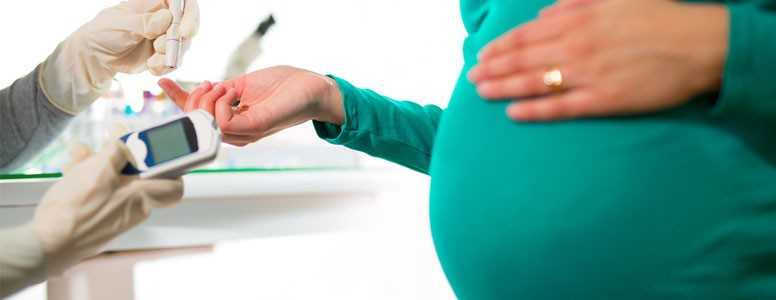A £115m type 2 diabetes research centre will be built following a new partnership between Danish pharmaceutical giant Novo Nordisk and the University of Oxford.
Novo Nordisk will invest the money over 10 years to focus on developing new treatments for type 2 diabetes.
One-hundred researchers will based at the Novo Nordisk Research Centre Oxford, including academic and industrial scientists who will collaborate on the project.
Novo Nordisk announced that that the centre would be located in the grounds of the historic university, ranked number one in the world for medicine.
Sir John Bell, Regius Professor of Medicine at the University of Oxford, said: “This collaboration underlines the importance of shared research and cutting-edge science across boundaries.
“Employees at Novo Nordisk Research Centre Oxford and researchers at the University of Oxford will have the opportunity for daily interaction to share knowledge and insights that will potentially produce new medicines for people living with type 2 diabetes and its complications.”
The move builds on a prior collaboration between Novo Nordisk and University of Oxford in 2013 – the International Postdoctoral Fellowship Programmen, which was extended in 2015 and will now include up to 32 fellows.
The announcement of the project has eased fears that the UK’s decision last year to leave the European Union would deter companies and organisations in the life sciences industry from establishing projects in the UK.
There had been concern over a research funding gap when the country leaves the European Unio, which is scheduled for later this year.
Novo Nordisk’s executive vice president and chief science officer, Mads Krogsgaard Thomse, told Reuters: “There’s no doubt that Brexit created uncertainty for a period in our deliberations.
“It is unfortunate, but we’ve passed that challenge and I’m convinced we’ve no need to worry … Oxford is a worldwide powerhouse in medicine.”
What's new on the forum? ⭐️
Get our free newsletters
Stay up to date with the latest news, research and breakthroughs.




